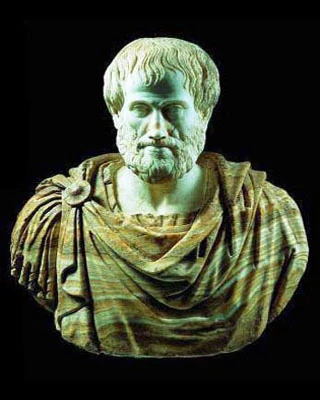
Born in 384 BC in Stagira (Macedonia), Aristotle (384-322 BC) joined Plato's Academy in Athens at the age of 17, where he studied for 20 years under Plato (427-347 BC). He distinguished himself with his critical mind, declaring: "Plato is dear to me, but truth is dearer still."
In 343 BC, he became the tutor of young Alexander (356-323 BC) at the Macedonian court. This relationship later allowed him to obtain resources for his research in natural history.
Returning to Athens in 335 BC, he founded the Lyceum, where he taught while walking (hence the name "Peripatetics"). His works cover:
Aristotle laid the foundations for:
His influence extended to Thomas Aquinas (1225-1274) and medieval scholasticism.
Among his preserved writings (about 30% of his production):
| Field | Aristotelian Theory | Modern Theory | Evolution |
|---|---|---|---|
| Cosmology | Geocentric universe with crystalline spheres | Heliocentric and expanding universe (Copernicus) | Replaced in the 16th century |
| Biology | Classification by observable characteristics | Genetic taxonomy (DNA) | Expanded by Linnaeus and Darwin |
| Physics | Movement requires a continuous cause | Inertia (Galileo, Newton) | Replaced in the 17th century |
| Logic | Syllogism (deductive reasoning) | Formal and symbolic logic | Expanded but still taught |